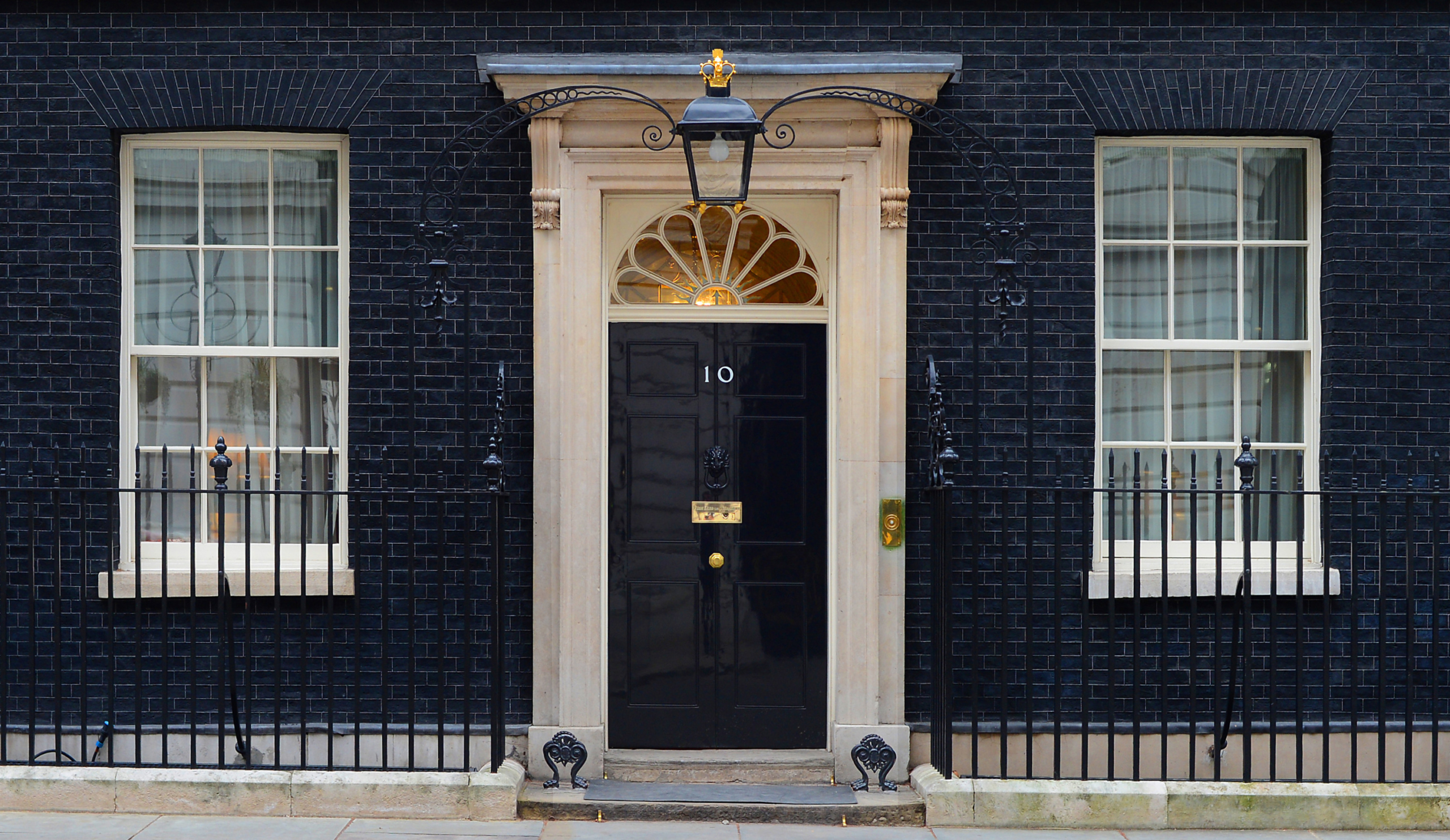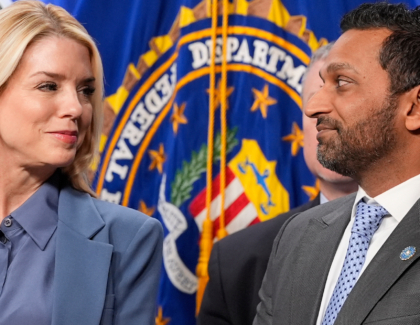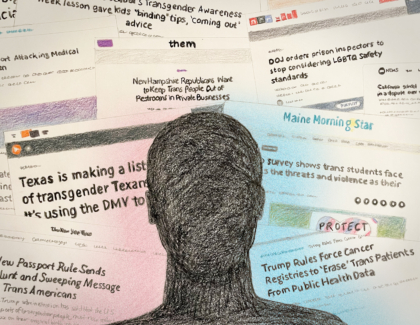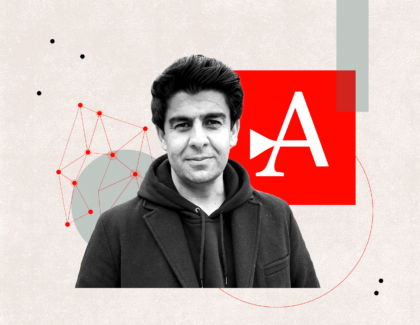Sign up for the daily CJR newsletter.
Last April, Dan Kaszeta was sitting at his desk when he got an ominous email. Kaszeta is an American chemical-weapons expert who has worked for the White House and the Secret Service. Now based in London, he was scheduled to speak at the Chemical Weapons Demilitarisation Conference, run by the UK government, in May. He planned to talk about the risks posed by such weapons in Ukraine, Egypt, and North Korea.
But then he received the email, sent by one of the organizers: “Rules introduced by the Cabinet Office in 2022 specify that the social media accounts of potential speakers must be vetted,” the message read, to check if they had “ever criticized government officials or government policy.” The email went on: “It is for this reason, and not because we do not value your technical insight, that I am afraid that we have no choice and must cancel your invitation to the CWD conference.”
Kaszeta was confused. He had taken to Twitter to register his disapproval of the UK’s increasingly draconian immigration and asylum policy, but that seemed irrelevant to his work on chemical weapons. He told a friend, the British journalist Edward Lucas, that he’d been disinvited over his past tweets. Lucas was shocked. “This is bad on every level,” Lucas told him.
Worried that secretive blacklisting rules were being deployed across the British government, Kaszeta went public in May and launched a legal challenge. “I basically came around to the conclusion that the government was doing bad stuff, but they had effectively pulled the pin on a hand grenade and handed it to me,” he told me. “So I can either hold on to it, or throw it right back.”
It was a big domestic story; Kaszeta was soon on the front page of the London Times. “My mother, bless her, in Mesa, Arizona, practically fell out of her chair,” he said. His decision to challenge the murky rules would help expose a practice of snooping and blacklisting that stretched across at least fifteen state agencies. It was directed right from the top, the Cabinet Office, which is the center of power and rulemaking in the British government. The revelations from the Kaszeta affair exposed practices that were criticized as resembling “the plot of a dystopian novel.” The story also revealed the administration’s hypocrisy, given that Prime Minister Rishi Sunak had made attacks on cancel culture and “woke nonsense” a central part of his public message.
The blacklisting seemed to be particularly fervid in Britain’s education department. Reporting from The Observer revealed that at least nine child-development experts had been surveilled and had their invitations to speak at conferences challenged or rescinded. Carmel O’Hagan, an expert on modern languages, requested the data collected on her, and discovered that officials had compiled an Excel spreadsheet of her Twitter interactions and accused her in internal emails of having “an axe to grind.”
Kaszeta hired lawyers from the Leigh Day firm to press for a judicial review of the snooping rules. Tessa Gregory, the partner who took on the case, believed the practice was dangerous, and was certain that a judge would find a slew of legal and human rights violations in it. “This kind of vetting, where people are disinvited just because they have different political views than the executive of the day—that absolutely has to be got rid of,” Gregory told me. “It was all operating secretly, without any of us as members of the public knowing about its existence, which is why it was particularly pernicious.”
Initially, the case seemed to be progressing well; Kaszeta got an official apology in July. But before a judge could scrutinize the lawfulness of the secret file-keeping and blacklisting, the government ordered the policy withdrawn. Without an active policy to challenge, the judicial review was dead. The Cabinet Office did not reply to a request for comment from CJR. In November, a spokesman for the office told The Observer: “The government is committed to protecting free speech. We are reviewing the guidance and have temporarily withdrawn it to prevent any misinterpretation of the rules.”
Caroline Wilson Palow, general counsel at Privacy International, a British nonprofit that has investigated government social media monitoring, said officials are exploiting a lack of guidance over what’s known as “overt” surveillance. In the UK (like many countries, including the US), government agencies and law enforcement are bound by restrictions on how they deploy covert surveillance, such as wiretaps and infiltration, particularly within their own borders. But overt monitoring, like compiling reports based on semipublic sources such as Facebook, is a gray area. In the US, nearly a dozen federal agencies now routinely use social media monitoring to keep an eye on American citizens, a practice that alarms civil rights groups.
Wilson Palow is pushing for the UK to establish a clear set of rules on overt surveillance. “The [UK] government in some ways seems to think that anything that might be out on social media or otherwise publicly available should be fair game for any purpose,” she told me. Until now, she added, it appears civil servants have been compiling profiles on people like Kaszeta by hand. But in the future AI could revolutionize the scale—and intrusiveness—of overt surveillance.
Kaszeta is still waiting for the Cabinet Office to release its new guidance on social media vetting, something it’s expected to do early this year. If it’s still problematic, Kaszeta plans to continue fighting to outlaw the practice for good. Meanwhile, he said, he sometimes worries that all he’s done is alert government agents that “they weren’t being as secretive as they thought they were” and that they will simply resume their snooping—just more stealthily. “That means I have to up my game, too, because that’s not the lesson I want to teach on this.”
Has America ever needed a media defender more than now? Help us by joining CJR today.







